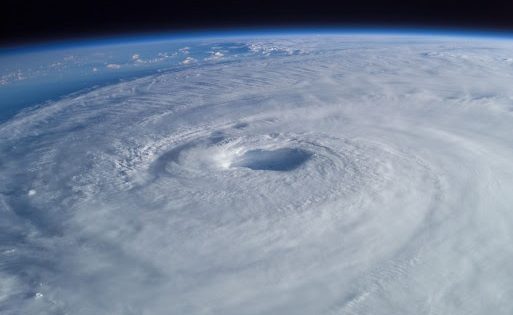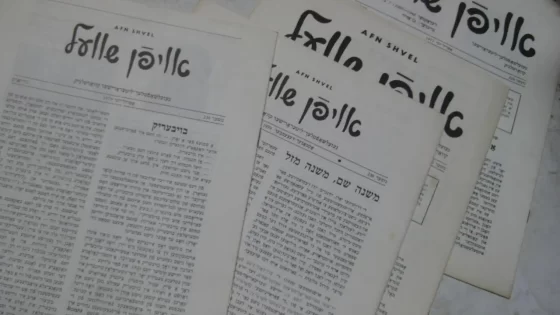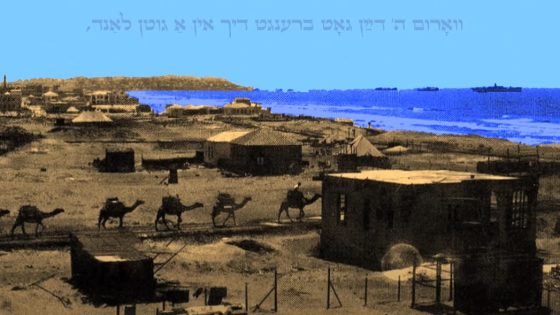תּישעה־באָבֿ, דער נײַנטער טאָג אין חודש אָבֿ, ווערט פֿאַררעכנט ווי דער סאַמע טרויעריקסטער טאָג אינעם לוח, ווען מיר מערקן אָפּ ווי די רוימער האָבן חרובֿ געמאַכט סײַ דעם ערשטן, סײַ דעם צווייטן בית־המיקדש אין ירושלים. אין די נײַן טעג פֿאַר תּישעה־באָב, ווי אַ סימן פֿון טרויער, עסט מען נישט קיין פֿלייש און מע טרינקט נישט קיין ווײַן; ערבֿ תּישעה־באָבֿ, בײַם פֿאַרפֿאַסטן, עסט מען אַ האַרט איי אײַנגעטונקען אין אַש; און אום תּישעה־באָבֿ פֿאַסט מען, מע לייענט פֿון מגילת־איכה, מע זיצט נאָענט צו דער ערד, און מע טראָגט נישט קיין לעדערנע שיך. דערנאָך, ווען סע װערט נאַכט און דער תּענית ענדיקט זיך, פֿאַסט מען אָפּ.
Tishebov, the ninth day of the month of Av, is considered the saddest day in the Jewish calendar, when we commemorate how the Romans destroyed both the First and Second Temples in Jerusalem. In the nine days approaching Tishebov, as a sign of mourning, we abstain from eating meat and drinking wine; on the day before Tishebov, prior to starting the fast, we eat a hard-boiled egg dipped in ash; and on Tishebov itself, we fast, read from Lamentations, sit close to the ground, and don’t wear leather shoes. Then, when night falls and the fast day ends, we break the fast.
break a fast: אָפּפֿאַסטן
[ÓPFASTN]
destroy: חרובֿ מאַכן; צעשטערן; פֿאַרטיליקן; פֿאַרלענדן
[KhÓREV MAKhN; TSEShTÉRN; FARTÍLIKN; FARLÉNDN]
eat before a fast: פֿאַרפֿאַסטן
[FARFÁSTN]
fast/fast day: דער תּענית, ־ים
[DER TÓNES, TANÉYSIM]





Leave a Reply